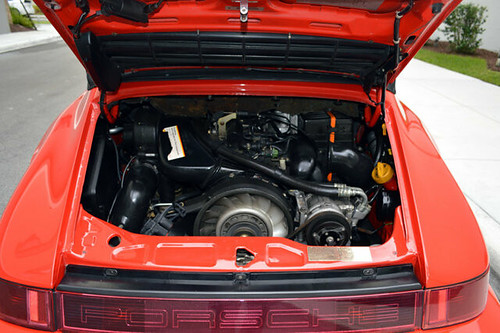
Let’s be real: navigating the world of online product reviews can feel like trying to find a needle in a haystack—especially when that haystack is overflowing with cleverly disguised sales pitches and overly positive, suspiciously vague testimonials. We’ve all been there, staring at a five-star rating, wondering if it’s genuinely honest or just another marketing ploy. It’s a real head-scratcher, isn’t it?
It’s no wonder we feel this way! Studies show that over 82% of consumers have encountered a fake review in the past year, and nearly half of them didn’t even realize it at the time. This constant battle to distinguish authentic feedback from manufactured hype can be incredibly frustrating, making smart shopping decisions feel like a high-stakes gamble. You want quality, you want reliability, and most importantly, you want products that live up to their promises, especially when it comes to something as crucial as your vehicle.
So, if you’re tired of sifting through the noise and want to get straight to the genuine gripes, you’ve come to the right place. Today, we’re diving deep into the real talk, exploring products and situations where user frustration wasn’t just a fleeting annoyance—it was 100% genuine. We’re going to pull back the curtain on some of the biggest culprits, particularly in the vital world of automotive parts, where subpar quality can lead to more than just a bad mood. Get ready to arm yourself with knowledge and avoid some serious headaches down the road!
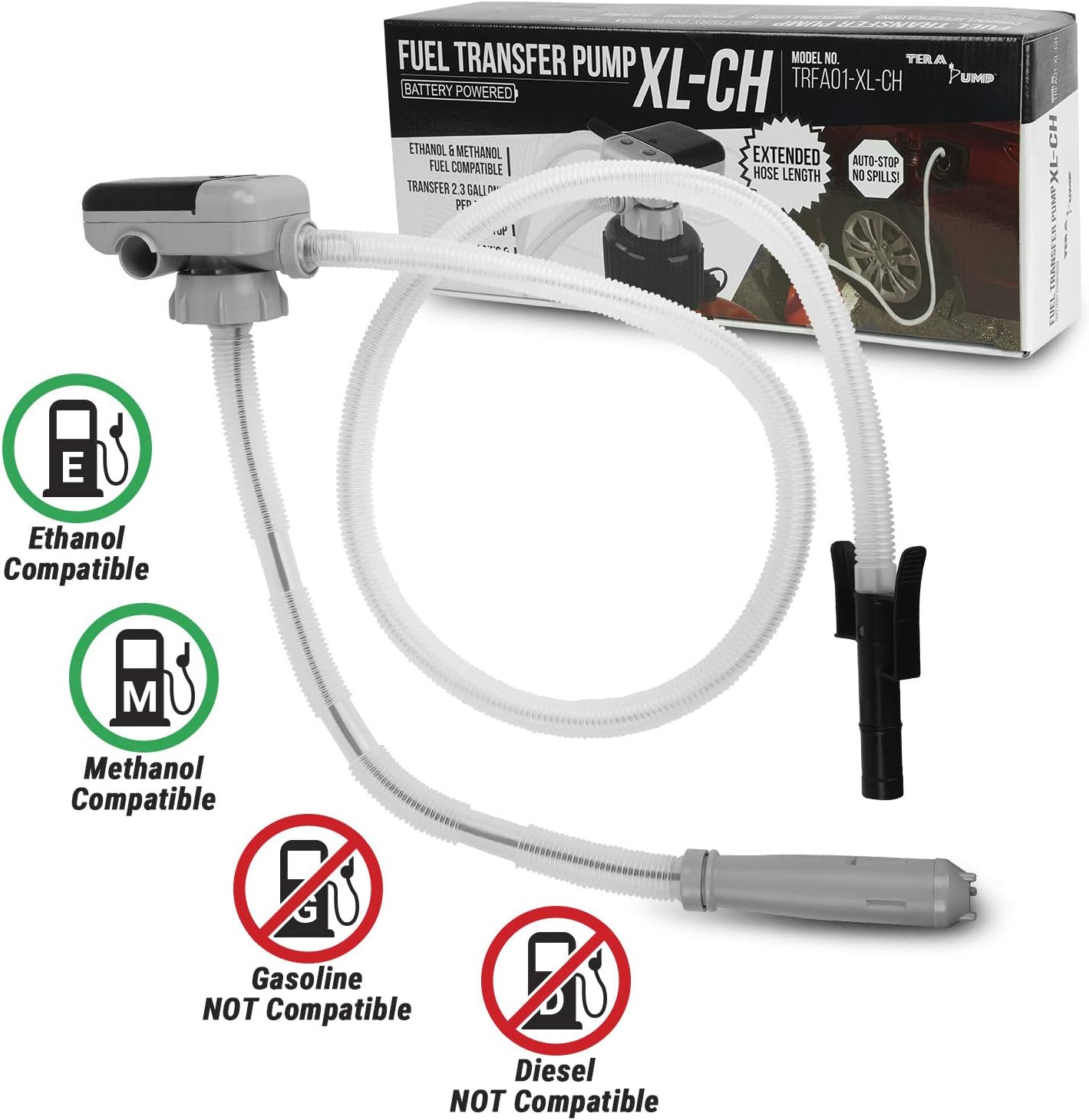
1. **Autobest Fuel Pumps: The Engine Stallers**
Imagine you’re cruising along, enjoying your drive, and then, *poof* – your engine starves, leaving you stranded. This isn’t just a bad dream; it’s a frustrating reality for many who’ve opted for Autobest fuel pumps. These pumps have garnered a reputation for issues like early failure, leaving drivers scratching their heads and calling for a tow truck far sooner than expected. It’s the kind of unexpected breakdown that can really put a damper on your day, or even your week.
Beyond just giving up the ghost too early, Autobest fuel pumps are often plagued by fuel delivery irregularities. This means they can’t consistently supply fuel at the correct pressure to your engine, which is absolutely vital for smooth operation. Think of it like trying to run a marathon on a patchy, unreliable water supply—eventually, you’re going to falter. This inconsistency can manifest as noticeable performance hiccups and, ultimately, a very unhappy engine.
It largely boils down to poor build quality. When a critical component like a fuel pump is made with less-than-stellar materials or lacks robust engineering, it’s a recipe for disaster. The frustration is genuine because consumers are often looking for a solution, only to find that their ‘fix’ introduces a whole new set of problems, sometimes even failing to pull fuel from the tank at all. It’s a clear case of a product not delivering on its most fundamental promise, leading to immense disappointment.
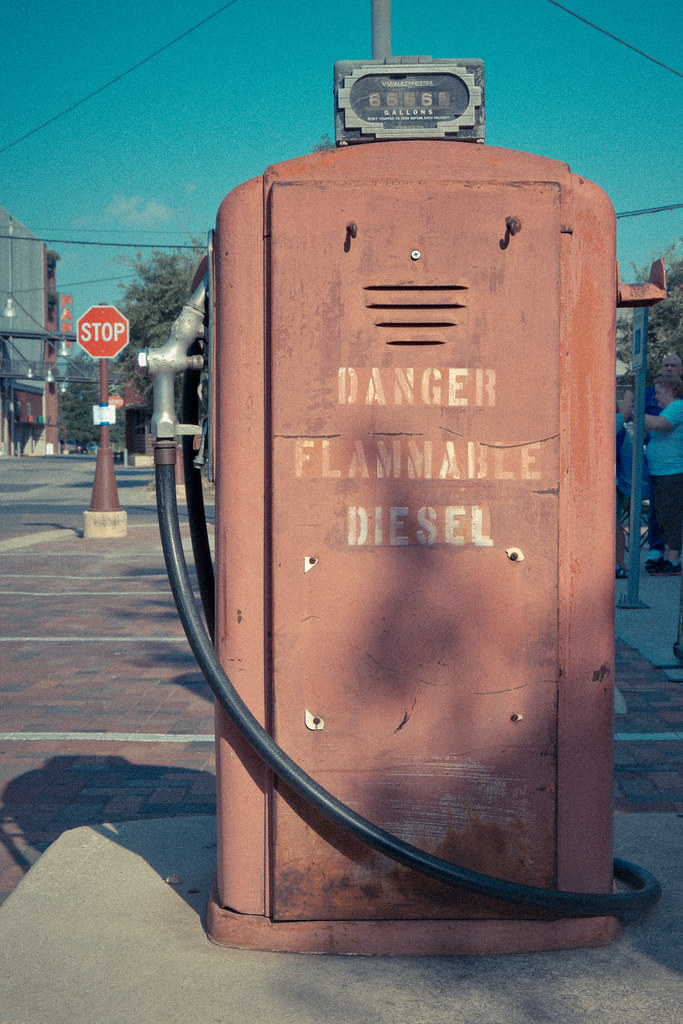
2. **Spectra Premium Fuel Pumps: Premature Performance Pitfalls**
Spectra Premium fuel pumps often land on the list of brands to approach with caution, primarily due to their association with premature failures. Just like their Autobest counterparts, these pumps tend to call it quits before their time, causing unexpected vehicle breakdowns and a cascade of performance issues that no car owner wants to deal with. It’s a classic example of a part that, despite appearing to be a viable option, simply doesn’t stand the test of time or rigorous use.
These early failures are far from minor inconveniences; they can lead directly to engine misfires and surges. Imagine your car chugging along, stuttering, and then suddenly lurching forward—it’s not only unsettling but also a clear indicator that your fuel system isn’t happy. This kind of erratic performance isn’t just annoying; it can actively degrade your driving experience and signal deeper problems brewing under the hood, all thanks to an unreliable fuel pump.
Ultimately, choosing a Spectra Premium pump has been linked to issues like engine wear, as the inconsistent fuel delivery puts undue stress on vital engine components. While saving a few bucks upfront might seem appealing, the long-term consequences of such failures can lead to much costlier repairs down the line. It’s a genuine point of frustration for consumers who expect a degree of reliability from their automotive parts, only to be met with constant worry and unexpected expenses.

3. **Airtex Fuel Pumps: The Unpredictable Trouble-Makers**
Airtex fuel pumps are another brand that frequently draws ire from automotive professionals and frustrated car owners alike. The biggest complaint often revolves around their uncertain failure rates. You might install one, and it works for a while, only to unexpectedly give out, leaving you in a lurch. This unpredictability is precisely what drives genuine frustration, as car owners value peace of mind and reliability above all else when it comes to critical vehicle components.
These uncertain failures directly translate into significant fuel delivery problems. When your fuel pump can’t maintain the necessary pressure or flow, your engine struggles to get the fuel it needs for proper combustion. This can lead to a host of issues, including sluggish acceleration, rough idling, and in the worst cases, complete engine stalling. It’s like trying to draw water from a well with a leaky bucket – eventually, you’ll run dry.
What adds another layer of genuine annoyance to the Airtex experience is their reported warranty policy. It’s been noted that Airtex “will not warranty most of its fuel pumps and blame the customers for installation errors.” This shifts the burden of failure onto the consumer, even when the product itself might be at fault, intensifying the feeling of being let down. When a product fails and the company isn’t there to back it up, it’s a truly frustrating ordeal for any buyer.
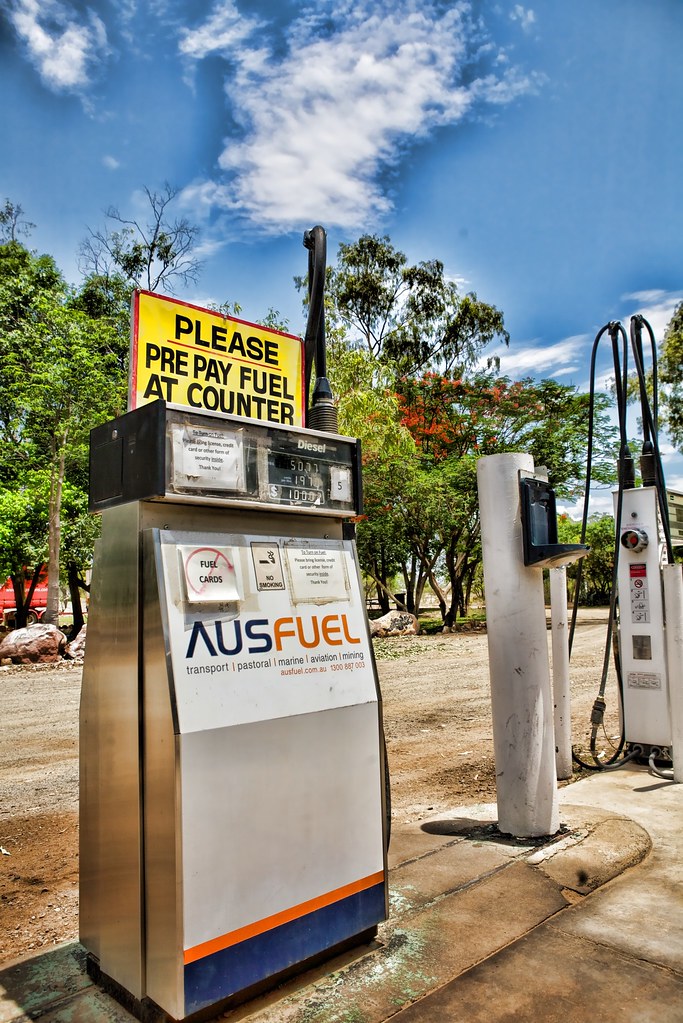
4. **Carter Fuel Pumps: Inconsistent and Unpredictable**
Carter fuel pumps have frequently faced criticism for a glaring lack of consistency in their performance. When you invest in a new fuel pump, you expect it to deliver fuel at a steady, predetermined pressure—around 45 to 50 psi, as our context reminds us. However, Carter pumps have often been associated with unpredictable fuel delivery, making it a frustrating gamble whether your engine will receive the steady supply it desperately needs. This inconsistency can truly undermine the driving experience.
This unpredictable delivery directly impacts engine performance. Imagine pressing the accelerator and not knowing if your car will respond smoothly or hesitate, costing you precious momentum and peace of mind. Such issues can lead to a noticeable decrease in overall driving pleasure, turning what should be a smooth ride into a series of uncertain lurches and hesitations. It’s a kind of performance roulette that no driver wants to play on a daily basis.
The core of the problem, as reports suggest, lies in varying fuel pressure delivery and a high failure rate. A fuel pump is the heart of your vehicle’s fuel system; if its output is erratic or it simply stops working too soon, the domino effect on your engine can be severe. This genuine frustration stems from a product that simply doesn’t meet the baseline expectation of consistent, reliable function, leading to repeated trips to the mechanic and unexpected financial burdens.

5. **TYC Fuel Pumps: The Low-Pressure Letdowns**
TYC fuel pumps are another brand that has often received negative feedback from consumers, particularly concerning critical performance metrics. When it comes to a fuel pump, maintaining adequate fuel pressure is non-negotiable for proper engine function. Unfortunately, TYC pumps have been criticized for frequently exhibiting issues like low fuel pressure, which can have significant and frustrating repercussions for your vehicle’s health and performance.
Low fuel pressure isn’t just a technical term; it translates into tangible problems you’ll feel every time you drive. It can cause noticeable engine hesitation, where your car struggles to accelerate smoothly or maintain speed. This kind of stuttering performance can be incredibly annoying and even unsafe, especially when you need reliable power for merging onto highways or passing other vehicles. It chips away at your confidence in your car’s abilities.
In some particularly troubling cases, the issues associated with TYC fuel pumps have even been linked to engine damage. When fuel isn’t atomized properly due to insufficient pressure, it can lead to incomplete combustion and undue stress on engine components, potentially causing premature wear and tear. This genuine frustration escalates rapidly when a seemingly minor part failure leads to the terrifying prospect of much costlier, major engine repairs. It’s a stark reminder that quality matters, even in components that seem out of sight and out of mind.
6. **Precise Fuel Pumps: Short-Lived and Unreliable**
When you’re replacing a vital component like a fuel pump, you’re looking for a product that will last, giving you thousands of miles of trouble-free driving. Unfortunately, Precise fuel pumps have gained a reputation for having a notably low durability life. This means they tend to fail prematurely, often much sooner than any reasonable expectation, leaving car owners dealing with the very problem they thought they had just fixed.
These premature failures aren’t just an inconvenience; they are the direct cause of unexpected vehicle breakdowns. Imagine planning a trip, or simply running errands, and suddenly your car decides to quit because its fuel pump gave up the ghost. It’s not only frustrating but also potentially dangerous, leaving you stranded in inconvenient or even unsafe locations. The element of surprise failure makes the frustration particularly acute, as it often comes without warning.
Consumers genuinely expect their replacement parts to offer a degree of longevity and reliability that matches or even exceeds the original component. When a brand like Precise consistently falls short on this fundamental expectation, it erodes trust and causes significant disappointment. It forces car owners into repeated repairs and unexpected expenses, highlighting the clear difference between a cheap solution and a truly cost-effective one in the long run.

7. **GMB Fuel Pumps: Performance Problems and Pressure Drops**
GMB fuel pumps have also frequently found themselves on the list of brands that fail to impress, primarily due to their unreliable performance. A fuel pump’s job is straightforward: consistently deliver fuel at the correct pressure. However, GMB pumps have received negative feedback for not living up to this basic requirement, causing a range of problems that translate into genuine frustration for vehicle owners.
One of the most common complaints revolves around fuel pressure and discharge problems. This means the pump struggles to maintain the steady pressure needed for optimal fuel atomization and efficient engine operation. When the pressure fluctuates or drops below spec, your engine simply can’t perform at its best, leading to a noticeable decline in overall vehicle responsiveness and fuel economy. It’s like trying to water a garden with a hose that keeps losing pressure.
These performance inconsistencies ultimately lead to a variety of engine issues. From rough idling and reduced power to potential misfires and sluggish acceleration, the effects of an unreliable GMB fuel pump can be wide-ranging and deeply dissatisfying. For car owners, the genuine frustration comes from investing in a replacement part that, instead of solving a problem, introduces a host of new ones, leading to more mechanic visits and continued headaches. It underscores the critical importance of choosing quality over simply choosing the cheapest option.
8. **The Domino Effect of Industry Bankruptcies – First Brands Group’s Stunning Collapse**
You know that feeling when you walk into an auto parts store, expecting to see a wall of options for your vehicle, only to find the shelves looking a bit… sparse? Well, prepare for that feeling to become a widespread reality, all thanks to some serious financial drama hitting the automotive aftermarket. We’re talking about the bankruptcy filing by a massive player you might not even know by name: First Brands Group. But trust us, their woes mean real headaches for your next car repair.
First Brands Group was a powerhouse, churning out crucial OE aftermarket parts for many household names you instinctively reach for. Think Fram filters, Centric or Raybestos brakes, Anco or Trico wipers, and Autolite spark plugs. They either owned these brands or produced parts under license, making them a pervasive force in your garage. Their bankruptcy reveals liabilities between $10 million and a staggering $50 billion, largely because they fell significantly behind on supplier payments. Their Days Beyond Terms (DBT) ballooned to nearly four times the industry average, reaching 55 days in June, and by February 2025, over 57% of their bills were more than 91 days late. This was a company bleeding cash.
This isn’t an isolated incident; it’s a stark warning for the entire OE aftermarket. Experts predict more bankruptcies if things don’t stabilize soon, potentially leading us back to a severe supply-chain crisis. With so much consolidation, as First Brands Group’s vast portfolio shows, there will be far fewer producers left to pick up the pieces this time. That means fewer choices, higher prices, and longer waits for essential parts. Genuine frustration, indeed!
9. **The Costly Allure of Cheap and Generic Brands – A False Economy**
Who doesn’t love a good deal, right? When you’re facing an unexpected car repair, the temptation to snag an “economical” fuel pump or other component to “save a few bucks” can be incredibly strong. It’s a common mistake; we’ve all wondered if that cheaper option is “good enough.” But here’s the unvarnished truth: those seemingly smart savings can quickly turn into a genuine frustration that costs you far more in the long run.
The core issue with many cheap and generic brands is a fundamental lack of performance and durability. While they might look like the part you need on the shelf, they often cut corners where it truly matters. We’re talking about inferior materials, less rigorous testing, and designs that aren’t optimized for the demands of your vehicle. A fuel pump, for instance, needs consistent pressure (45 to 50 psi), a requirement cheap alternatives frequently miss, leading to problems.
These initial savings are often a false economy. Imagine your engine struggling with inconsistent fuel delivery, leading to reduced efficiency and more frequent trips to the gas pump. Or worse, the part failing prematurely, forcing you back to the mechanic for another repair, another part, and more labor costs. It’s a genuine headache that negates upfront savings, proving that when it comes to vital car components, investing in quality from the start is the smarter, less frustrating path.
Read more about: Beyond the Hype: 10 Aftermarket Car Modifications You Should Strictly Avoid
10. **The Hidden Risks of Unrecognized Imported Parts – A Quality Control Roulette**
Our cars are often a mix of parts from all corners of the world. While many imported components are top-notch, there’s a genuine area of frustration that arises when you stumble upon unrecognized imported brands. These aren’t necessarily bad because they’re foreign, but because they often operate without the strict quality controls, extensive research, and rigorous testing that you’d expect from a reputable original equipment (OE) manufacturer. It’s like playing quality control roulette with your vehicle.
When a manufacturer skips these vital steps to reduce costs, the reliability of the fuel pump or any other critical part plummets. This can manifest as anything from poor performance to outright failure, leaving you stranded and scratching your head. You might think you’re getting a bargain, but you’re actually signing up for potential breakdowns and the gnawing frustration of a part that simply isn’t up to the job. This is particularly relevant when considering the broader implications of U.S. import tariffs, which can add layers of complexity and sometimes drive manufacturers to seek even cheaper, less scrutinized production avenues in various countries like China, Taiwan, Indonesia, India, and Eastern Europe.
The genuine annoyance isn’t just about part failure; it’s the uncertainty. You want peace of mind when you replace a car part, knowing it will perform as expected. With unrecognized imports lacking proper vetting, that peace of mind is often the first thing to go, replaced by constant worry about when the next issue will crop up. It’s a scenario that highlights why vigilance is key when selecting automotive components, especially when the brand name isn’t a familiar, trusted one.
11. **The Sneaky Threat of Counterfeit Products – Not Always What They Seem**
Imagine buying what you think is a genuine, reliable car part, only to discover later that it’s a cleverly disguised fake. This isn’t rare; our auto stores are “flooded with counterfeit products which may seem genuine at first sight.” This deceptive practice is a huge source of genuine frustration for consumers who are simply trying to maintain their vehicles with trusted components. These counterfeit items often look identical to the real deal, making them incredibly hard to spot until they fail.
The danger lies beneath the surface. Counterfeit products typically haven’t “undergone the same level of testing as an original one and hence won’t have the reliability built into them.” Fake manufacturers cut corners for profit, using “substandard materials and non-optimal design constructions.” This isn’t just about poor performance; it can lead to safety hazards and premature failures of critical systems. Think about a fake brake pad or a counterfeit fuel pump—the consequences can be dire, extending far beyond simple inconvenience.
The frustration is palpable when you realize you’ve paid good money for a product that not only doesn’t deliver but actively puts your vehicle and safety at risk. It forces consumers to be constantly on guard, scrutinizing every purchase, and trying to distinguish a legitimate part from a well-crafted imitation. It’s a constant battle against deception, and it’s a genuinely annoying aspect of the modern automotive aftermarket that demands our careful attention to avoid being duped.
12. **Reduced Fuel Efficiency – The Silent Drain on Your Wallet**
Opting for a cheaper fuel pump to save bucks upfront? What if that decision actually costs you more every time you fill up your tank? That’s the frustrating reality when subpar parts lead to reduced fuel efficiency. The issue is simple yet profound: “If you are opting for cheap fuel pump brands, they may not supply fuel at the right pressure which would cause incomplete combustion of fuel.” Your engine isn’t getting what it needs, and the consequences hit your wallet directly.
Incomplete combustion is a technical term for a very tangible problem. When fuel isn’t burned efficiently, your engine has to work harder, and more precious gasoline goes to waste. This reduces engine efficiency, leading to “higher emissions and loss in fuel economy.” So, that cheaper part you bought? It’s now slowly but surely draining extra cash out of your pocket with every mile you drive. It’s the kind of hidden cost that genuinely frustrates consumers, as the “savings” evaporate at the gas station.
The real kick in the gut is that this isn’t immediately obvious. You might just notice you’re filling up more often, or your car doesn’t feel as peppy. The connection to that “economical” fuel pump might not be apparent until frustration mounts. This silent drain on your finances is a perfect example of why quality matters beyond just avoiding breakdowns; it impacts the day-to-day running costs of your vehicle, making a seemingly minor decision genuinely impactful in the long run.
Read more about: Unlock Your Savings Potential: 10 Everyday Latte Factors You Can Conquer to Save $100+ Weekly
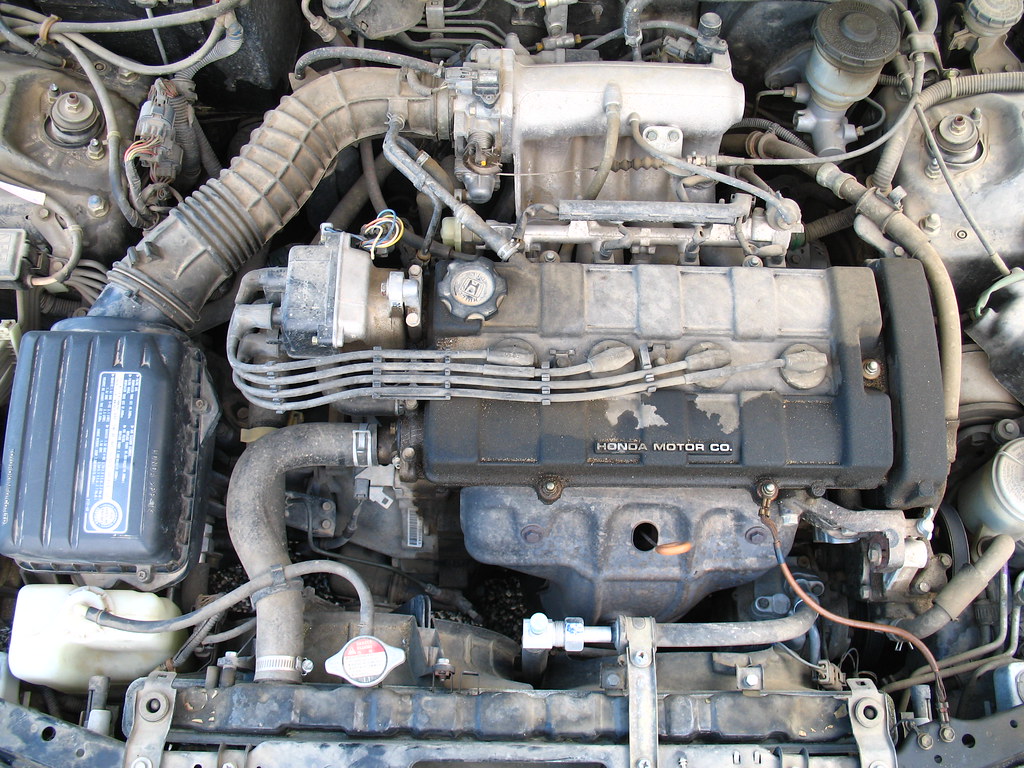
13. **Engine Misfires and Surges – When Your Car Just Can’t Get It Together**
Nothing beats the genuine frustration of driving a car that feels like it has a mind of its own. Those unsettling moments—misfires, chugs, sudden surges—completely throw off your rhythm and confidence behind the wheel. This kind of erratic performance isn’t just annoying; it’s a clear symptom that something is deeply wrong, often stemming from the use of subpar fuel pumps or other critical components.
“The incomplete fuel combustion also leads to engine misfires, so may experience rough idling and poor throttle response which takes off the driving pleasure and mood.” Imagine trying to accelerate and your car hesitates, or sitting at a stoplight feeling your engine shake. It’s not just uncomfortable; it’s genuinely unnerving. These aren’t just minor hiccups; they disrupt the smooth operation you expect from your vehicle, turning every drive into a test of patience and sometimes, even safety.
This genuine frustration stems from a loss of control and predictability. You depend on your car to get you where you need to go reliably, and when it starts acting up with misfires and surges, that trust erodes quickly. It’s a constant reminder that the parts under the hood might not be living up to their promise, leading to a truly dissatisfying and often anxiety-inducing driving experience. No one wants to constantly wonder if their car is going to lurch unexpectedly in traffic.
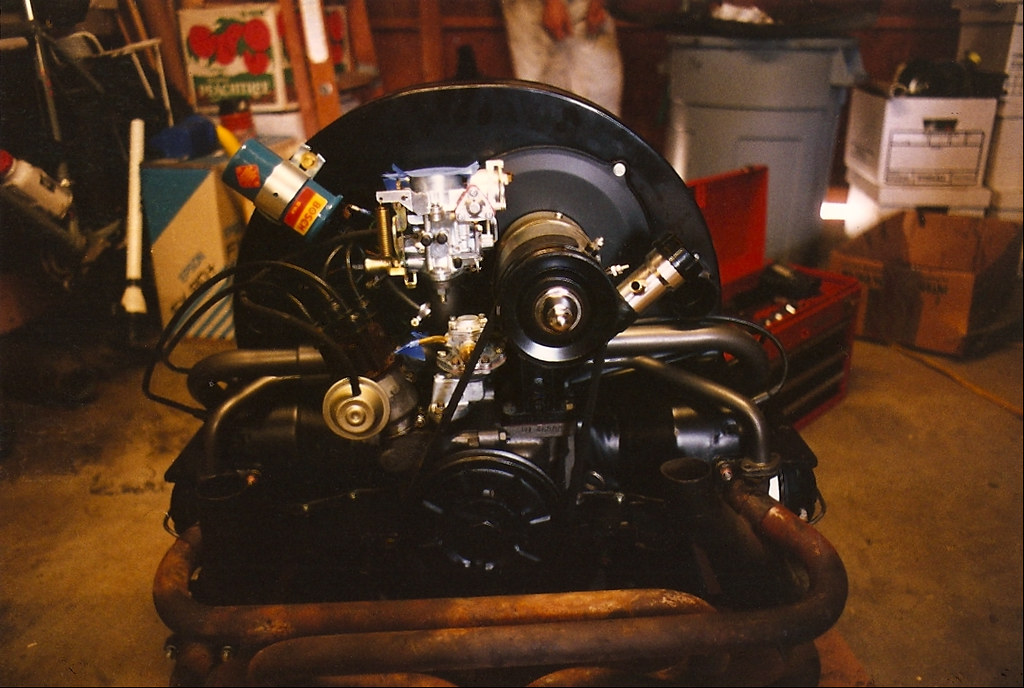
14. **Premature Engine Wear and Higher Maintenance Costs – The Ultimate Price of Poor Quality**
A hard truth about cutting corners on car parts: “economical” choices often lead to “premature engine wear,” forcing costlier repairs down the road. It’s a genuine frustration that hits hard when you realize a small upfront saving has blossomed into a massive bill. When parts like fuel pumps fail to perform optimally, the entire engine suffers, exerting “undue load on the moving parts of the engine and cause wear and tear.” It’s a domino effect no car owner wants to experience.
Think about it: inconsistent fuel delivery, misfires, and surges aren’t just irritating; they put immense stress on cylinders, pistons, and other vital engine components. Over time, this constant strain degrades these parts far faster than they should, leading to failures that are both expensive and time-consuming to fix. What seemed like a simple, cheap fix can quickly spiral into a major engine overhaul, leaving you with genuine buyer’s remorse and a much lighter wallet.
“Typically, the fuel pumps are not that expensive, but in the event of poor low-quality fuel pump usage, it may affect many engine parts and you would end up paying higher maintenance costs for your car.” This isn’t just about replacing the bad part; it’s about repairing the damage it caused to other, more complex and expensive components. This ultimate financial sting is the pinnacle of genuine frustration, underscoring that investing “extra bucks on a well-branded fuel pump” is always wiser than landing in costlier, never-ending engine repairs.
So there you have it, folks! From industry titans crashing down to the sneaky perils of cheap imports and counterfeit parts, the automotive aftermarket is brimming with potential frustration. But here’s the kicker: armed with this intel, you’re not just a passive consumer. You’re a savvy shopper, ready to make choices that protect your ride and your wallet. Remember, true value isn’t just about price; it’s about peace of mind, reliability, and keeping that genuine frustration far from your garage. Drive smart, stay savvy!




